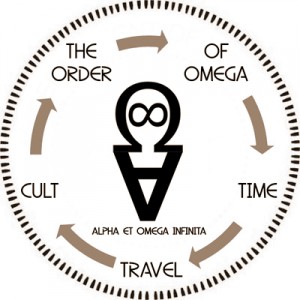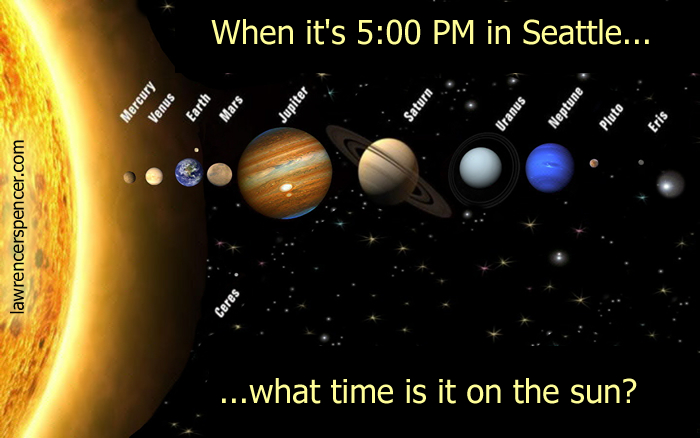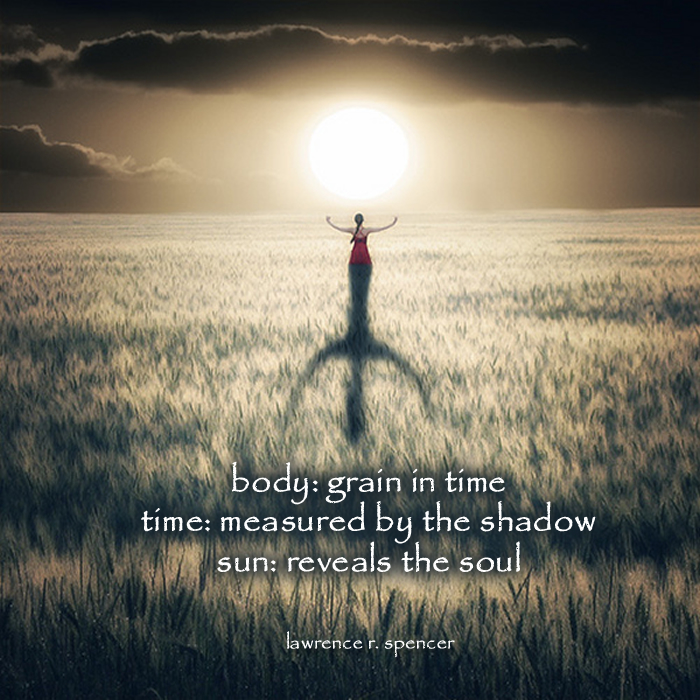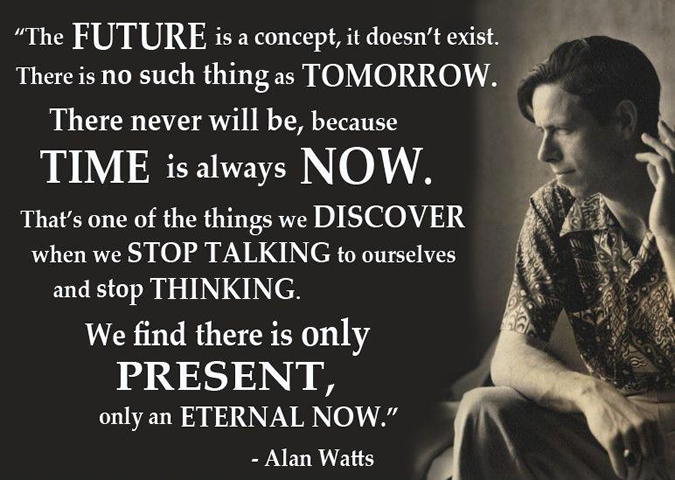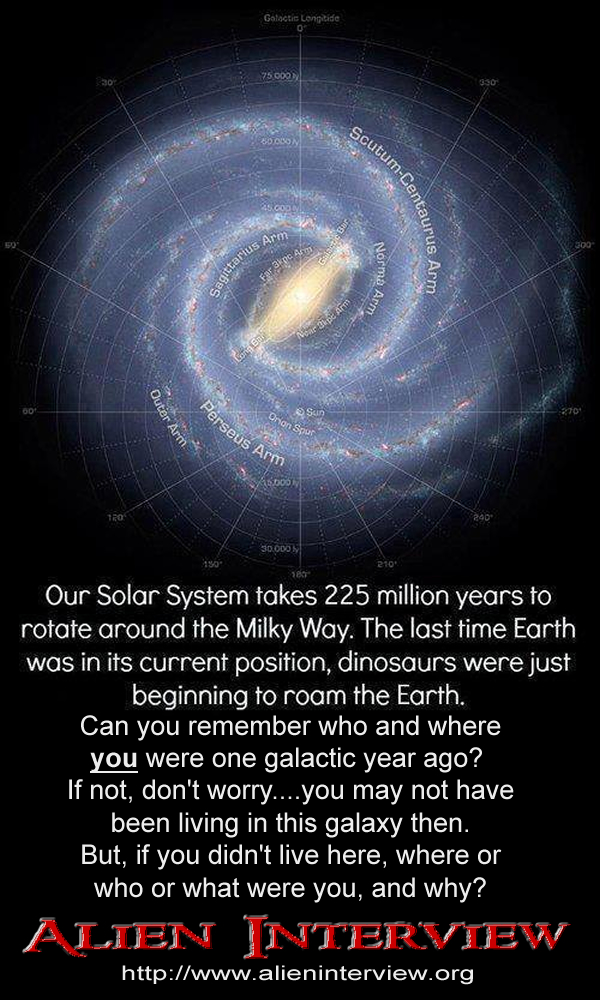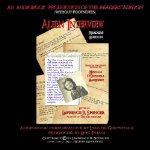Republished by Blog Post Promoter
Even though I’m a “Child of The 60’s” I never heard the magnificent voice until today. Where does the time go, indeed? The decades since then have passed in the blink of an eye. The centuries that have passed since 1960 BCE may have well have been yesterday. The past is present in the ‘eternal now’ of our soul and only a memory of away from our senses.
Sandy Denny (6 January 1947 – 21 April 1978), born Alexandra Elene Maclean Denny, was an English singer and songwriter, perhaps best known as the lead singer for the folk rock band Fairport Convention. She has been described by Allmusic‘s Richie Unterberger as “the pre-eminent British folk rock singer”.
After briefly working with British folk band the Strawbs, Denny joined Fairport Convention in 1968, remaining with that band until the end of 1969. She formed the short-lived band Fotheringay in 1970, releasing one album with them (another unreleased album would surface some three decades later), before focusing on a solo career. Between 1971 and 1977, Denny released four solo albums: The North Star Grassman and the Ravens, Sandy, Like an Old Fashioned Waltz, and Rendezvous. She is also noted as the only guest vocalist on a Led Zeppelin studio album, when she shared a duet with Robert Plant for “The Battle of Evermore” on Led Zeppelin IV (1971).
Music publications Sunday Express, Uncut and Mojo have each called Denny Britain’s finest female singer-songwriter. Her composition “Who Knows Where the Time Goes?” has been recorded by many artists as diverse as Judy Collins, Nina Simone and Cat Power. Unfortunately, Sandy was afflicted by drug addiction and died in 1978 after falling down a flight of stairs.
Although Denny had a devoted cult following in her lifetime, she did not achieve the mass market success that she sought. In the years since her death, her reputation has grown. A four-album box set entitled Who Knows Where the Time Goes? (1985) was produced by her widower Trevor Lucas and Joe Boyd and included many rare and previously unreleased tracks. (from Wikipedia.org)

